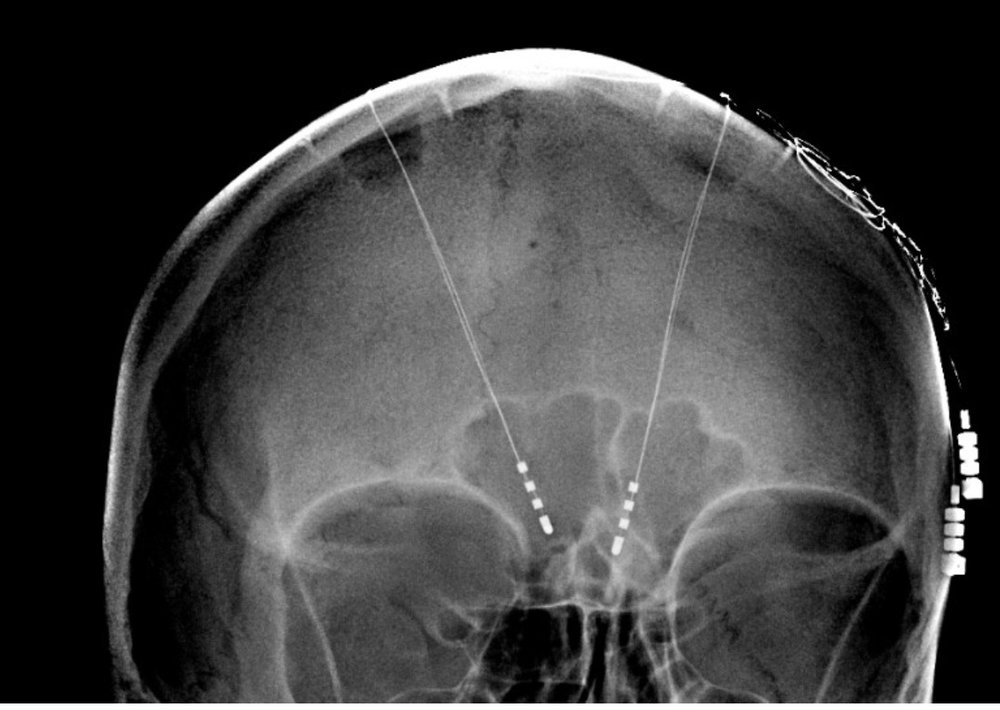By Jeff Graber
For the older generation, it is easy to look back and remember all the fears people used to have when it came to the Internet. Years ago, people worried about shopping online, and the risks associated with putting valuable credit card information online. This was seen as a potential invasion of privacy, and people were hesitant about taking that first step.
It is incredible how the world has changed. Less then two decades since that point, most people have gone online. Surfing, browsing, posting, and tweeting have all made their way into the vernacular, so commonplace that it is hard to imagine a world without it. During this veritable renaissance of the Internet however, there is a new fear shared by children and parents alike. It is a fear that strikes at the heart of privacy and innovation. What is it you may ask? Two words, microchip implants.
Microchip implants?
As technology continues to expand, it closes in on biology, our bodies, and our minds. Computers are already used to aid in surgery, regulate an artificial heart, and even help those who have lost limbs to pilot prosthetics with their mind. At the rate biotech is expanding, it will not be far off before implants in people will become possible, safe, and popular. This would mean privacy to look things up without anyone knowing, but also the risk of having people always know where you are. For teens, it may even be the perfect parental control.

I would never do that!
Don’t be so sure. With each new generation that is born in this digital age, the idea of biotech and implants becomes more appealing. Children see what can be done with such rapid and instantaneous communication, and they are less worried about privacy as a result. Consider how much information the average child puts out through social media, and you would be surprised at how quickly children and adults have given up the idea of privacy for communication and interaction.
The truth is, that many kids think that is really cool. Whatever allows for the quickest communication and useful technology among teens will continue to push these products in the market place. This means that the deepest brain implants will eventually become popular, leaving outdated acts like using a computer for Facebook by the wayside.
Where does that leave us?
With so much technology comes the ability to track people based on their implants. Though the implants will eventually be able to provide near instantaneous information to data, people will not be able to keep their locations completely anonymous. When it comes to teens, this means parental control and tracking. Will the privacy of not having to use a computer to surf online outweigh the risk of parental controls?
(This article is courtesy of The Mac Support Store, Brooklyn’s first Apple repair shop.)
